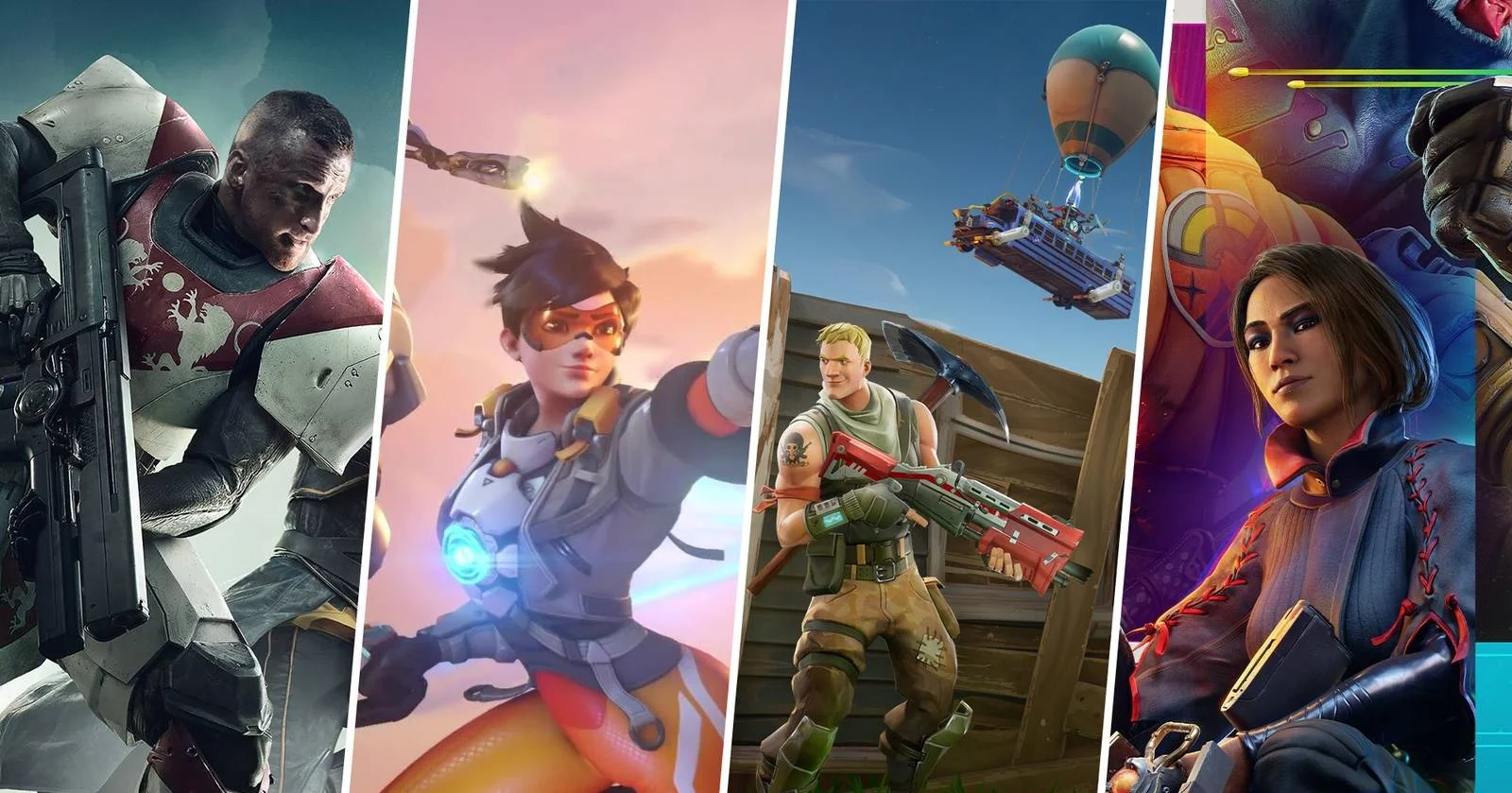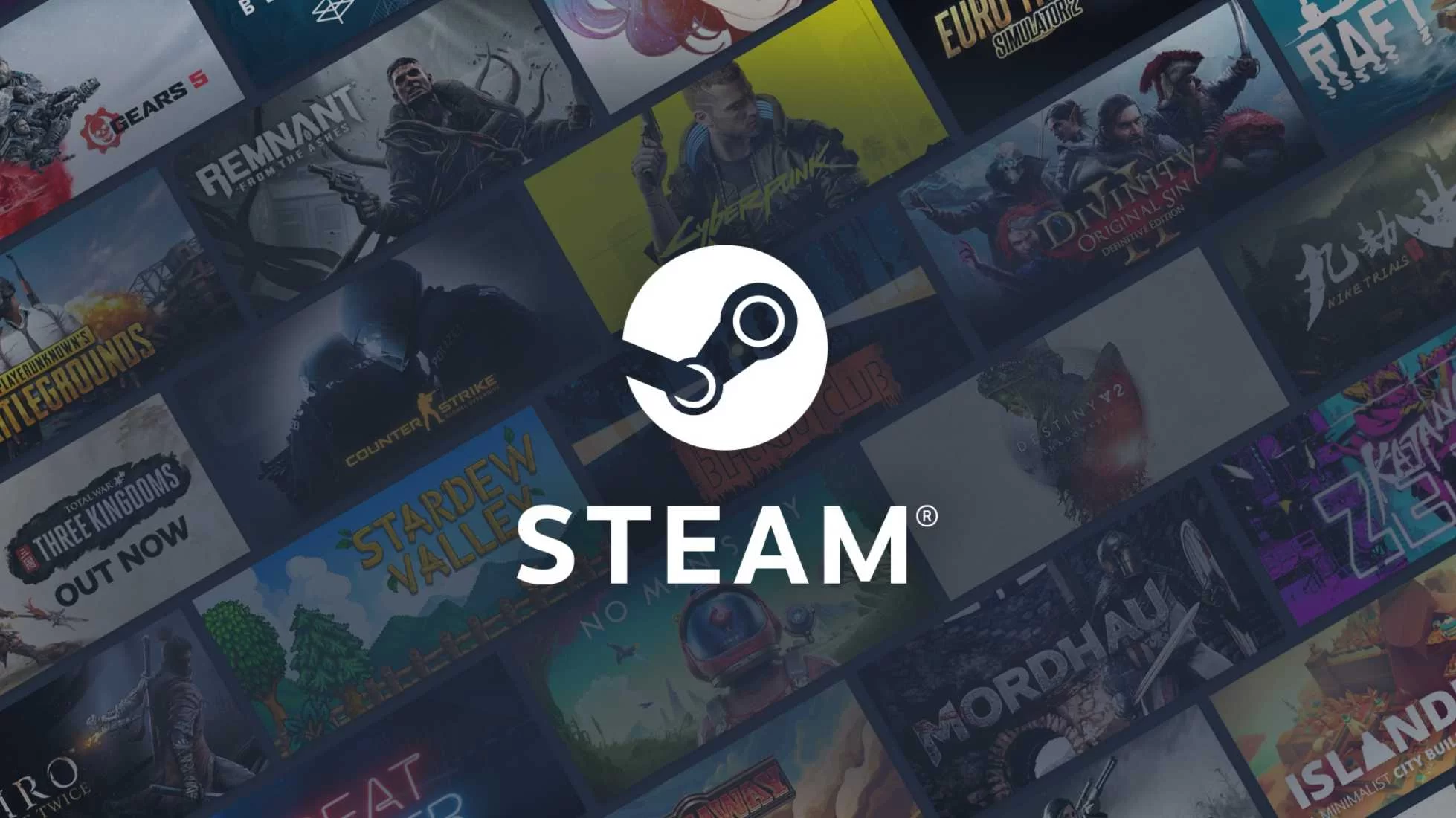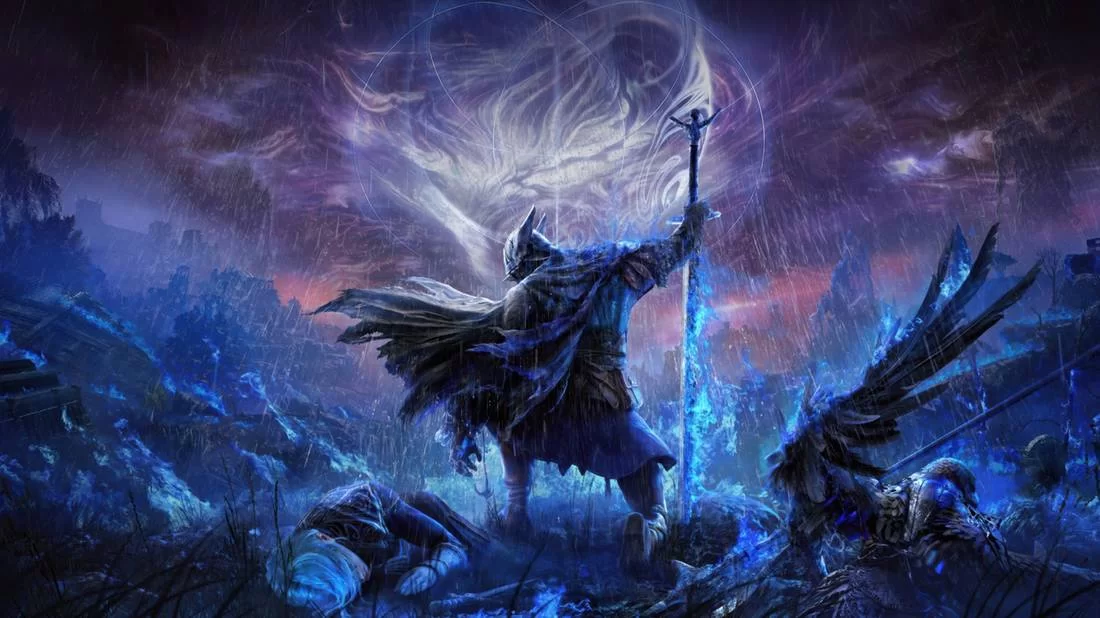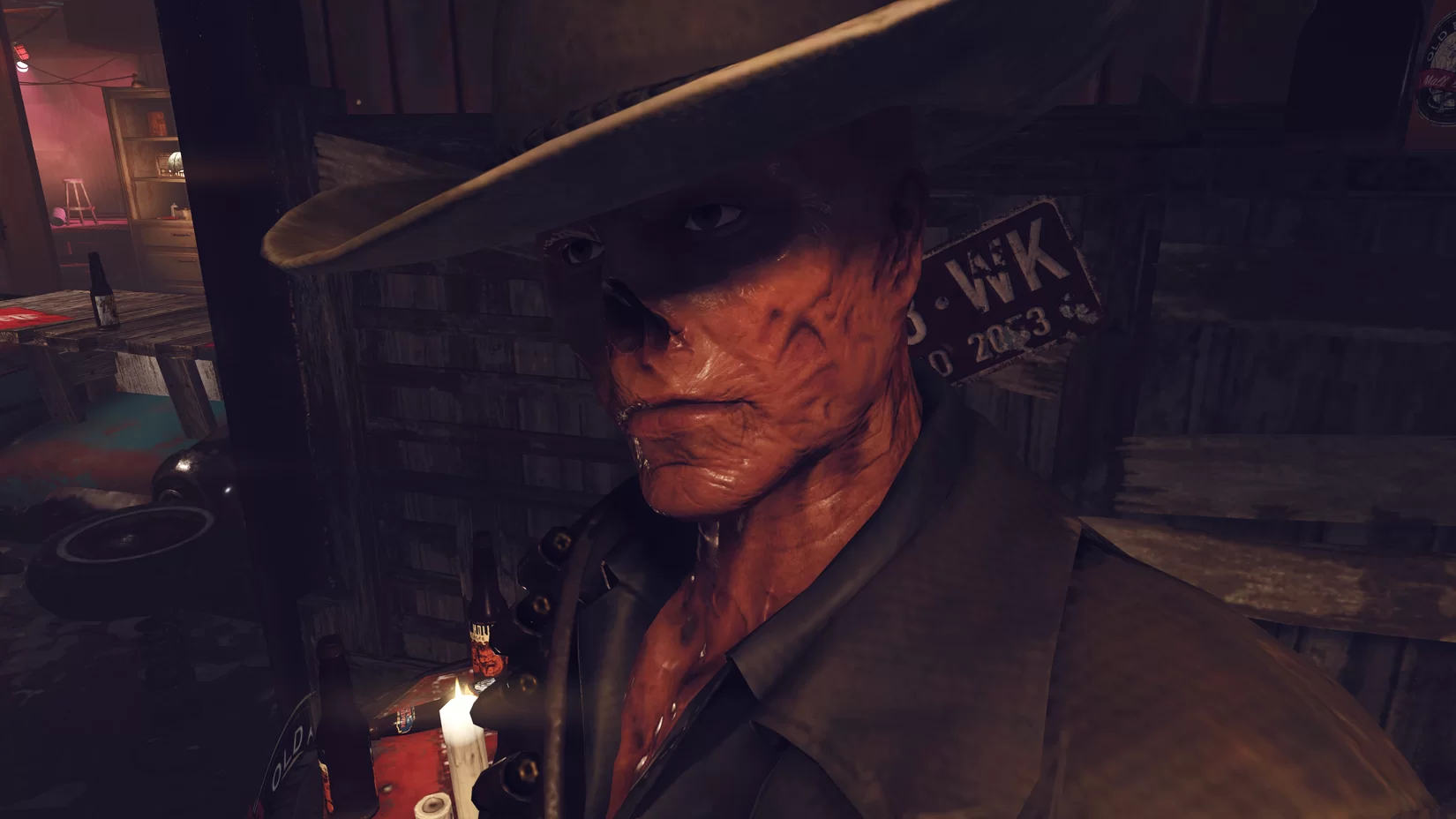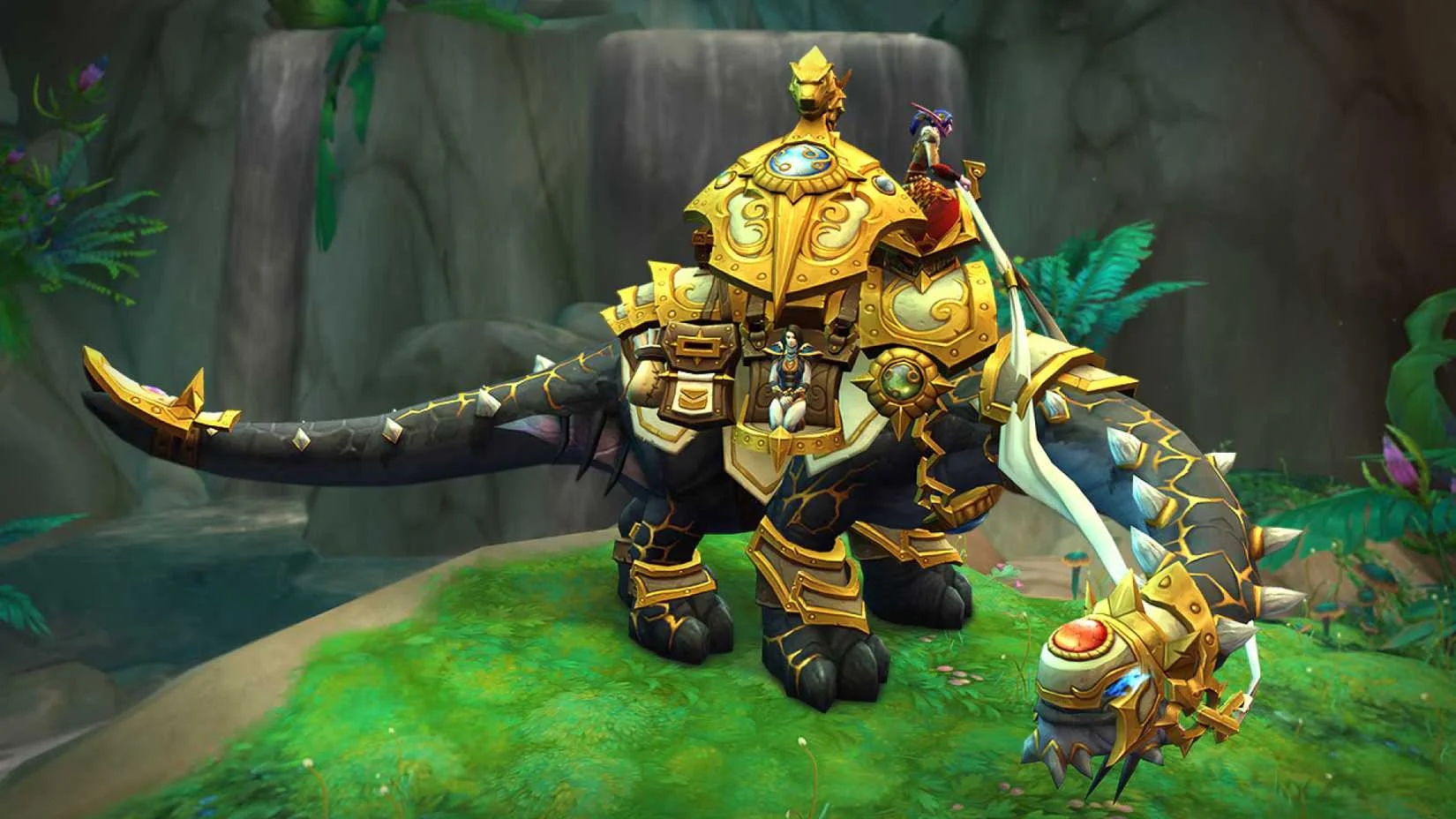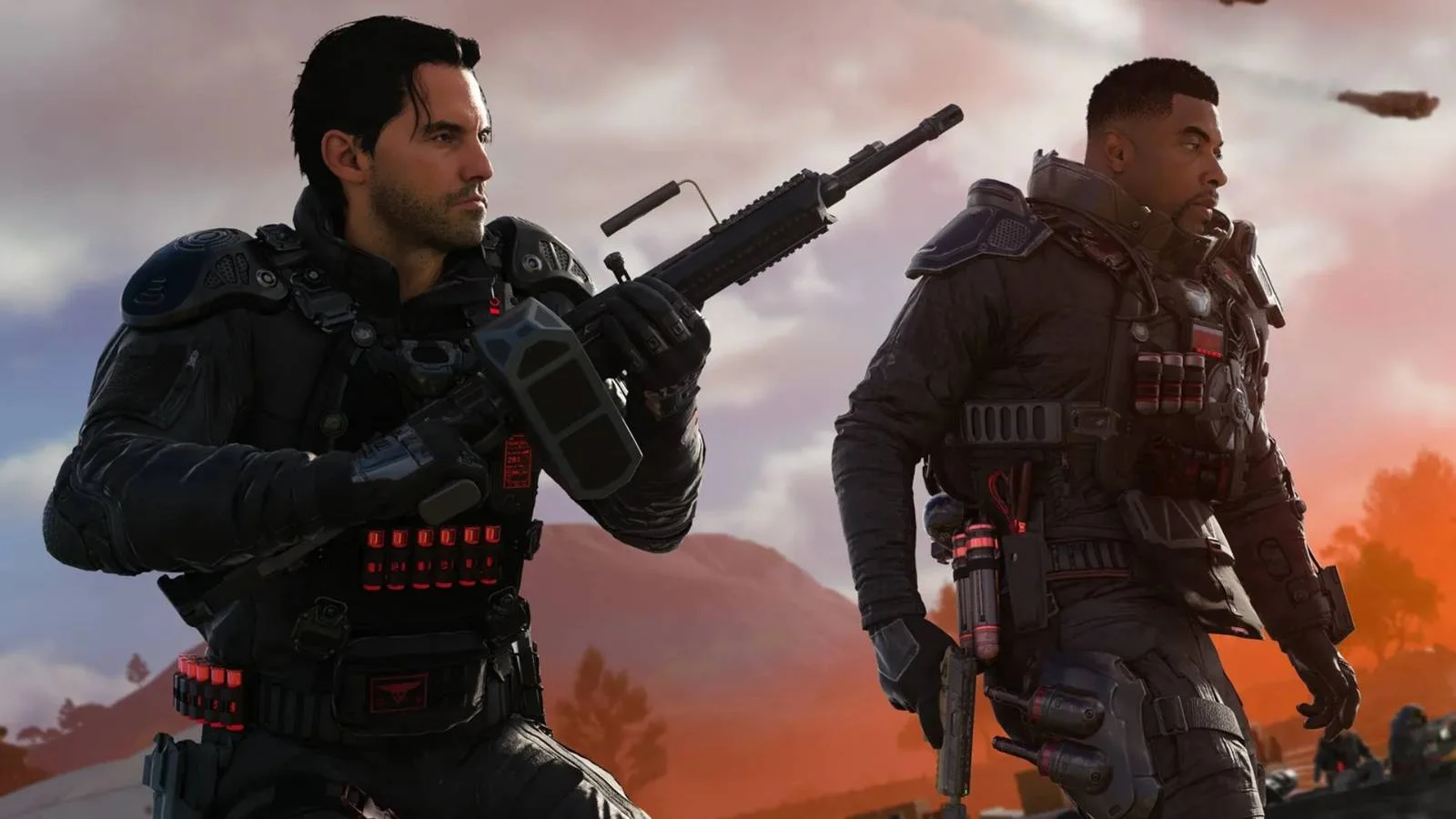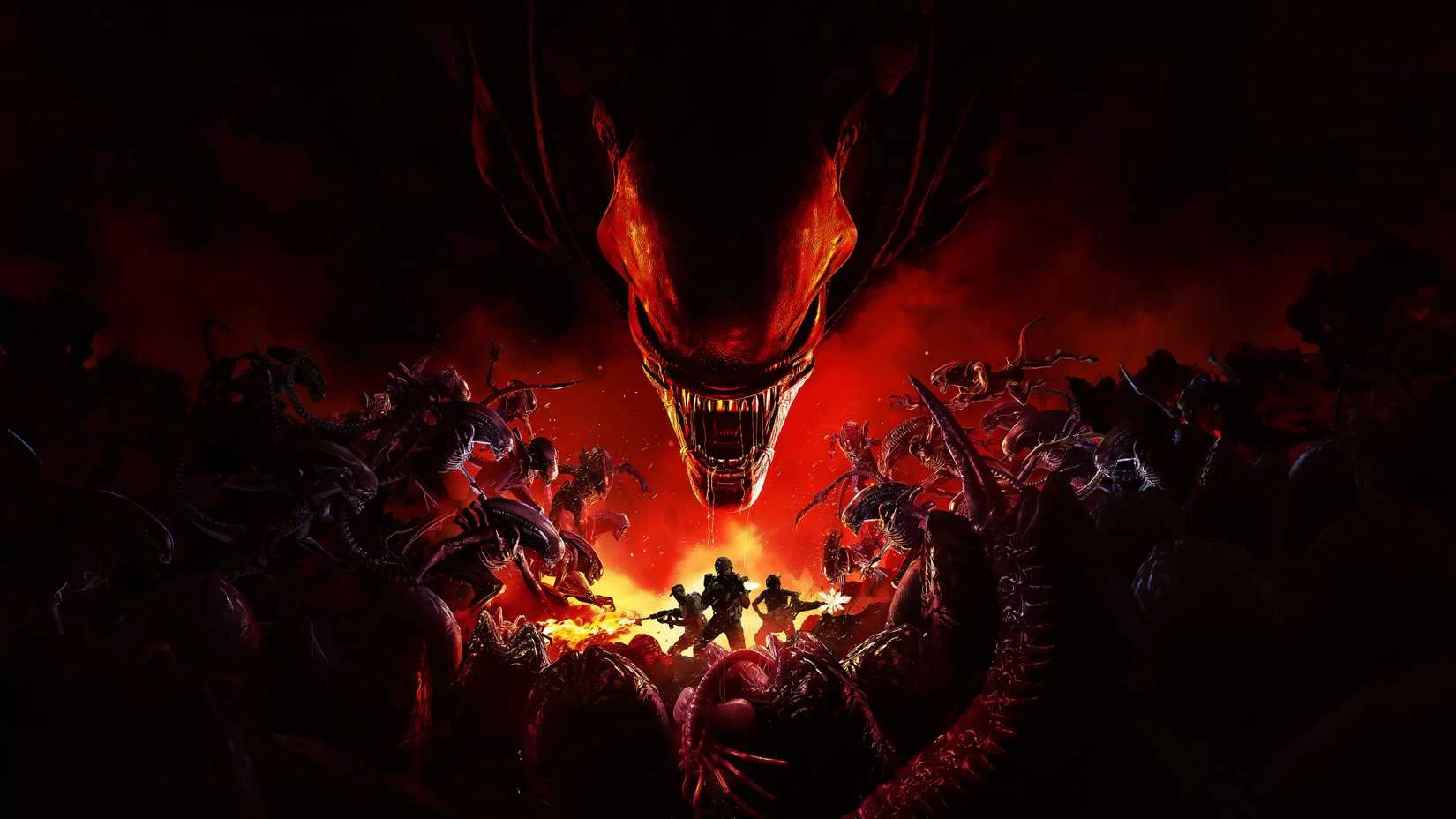Former Sony Interactive Entertainment executive Shawn Layden has spoken out against the gaming industry’s growing obsession with live service titles, calling the trend a “mirage” that distracts major publishers from creative, long-term success.
Layden, who served as Chairman of Worldwide Studios at Sony Interactive Entertainment from 2014 to 2019, oversaw some of PlayStation’s most celebrated first-party releases, including God of War (2018), Horizon Zero Dawn, and Ghost of Tsushima. His tenure is often remembered as a golden era for PlayStation’s single-player, narrative-driven games — a stark contrast to the company’s more recent push toward multiplayer and live service projects.
🎮 Shawn Layden Calls Live Service Craze a “Siren’s Call”
In a new interview with The Ringer, Layden shared candid thoughts on what he sees as a dangerous shift in the AAA industry’s priorities. He compared the pursuit of live service success to “chasing a mirage on top of a sand dune”, suggesting that the industry’s relentless attempts to replicate the success of Fortnite and Genshin Impact are misguided.
“It’s like the siren’s call,” Layden said. “You pursue it, but you can’t quite get there. Everyone’s trying to catch lightning in a bottle — but you can’t plan for that. You can only recognize it once it’s happened.”
According to Layden, Fortnite’s success was a one-in-a-million moment, not the result of a formula that can be copied. He went on to argue that most live service games aren’t even traditional “games” in the classic sense, calling them “repetitive action engagement devices” designed more around retention metrics than creative expression.
🧩 Layden’s Legacy and the Changing Face of Sony
Layden’s perspective carries weight given his background at Sony. During his five-year leadership of PlayStation’s first-party studios, the company released some of the most critically acclaimed story-driven games of the modern era. Titles like God of War, The Last of Us Part II, and Horizon Zero Dawn helped define PlayStation’s brand as the home of deep, cinematic single-player experiences.
Since his departure in 2019, however, Sony has increasingly pivoted toward live service development — a move that has met mixed results. The company’s internal studios and acquisitions have produced several multiplayer projects, but few have found lasting success.
The most recent and publicized failure came in 2025, when Concord, Sony’s new sci-fi live service shooter, shut down just two weeks after launch due to low player engagement and negative reception. The backlash reportedly prompted Sony to rethink its strategy.
🛑 Sony Scales Back Live Service Ambitions
Following Concord’s failure, Sony has already started canceling or pausing multiple live service titles in development. According to insider reports, two unannounced multiplayer games were scrapped earlier this year — one being a third-person open-world shooter by Bluepoint Games, and another a rumored God of War multiplayer project at Bend Studio.
Meanwhile, Bungie’s upcoming Marathon reboot, another high-profile live service title, has been delayed to receive “additional polish and testing,” suggesting that Sony is exercising more caution moving forward.
This shift aligns closely with Layden’s warning. In his interview, he emphasized that focusing too heavily on live service games risks burning out developers and alienating core audiences.
“You can’t rely on endless engagement models to define the future of gaming,” Layden explained. “Not every game needs to be a forever game. Sometimes, the power of a single-player experience — one you finish and remember — is exactly what the medium needs.”
⚔️ Helldivers 2 Shows the Exception, Not the Rule
That’s not to say all live service titles are doomed. Helldivers 2, developed by Arrowhead Game Studios, has been a massive commercial success, selling over 19 million copies and maintaining an active player base across PC and PlayStation.
However, as Layden and many analysts point out, Helldivers 2 succeeded largely because Arrowhead had years of experience building cooperative, systems-driven games. Its success wasn’t born from corporate design-by-committee but from organic development and community-driven iteration — something that can’t simply be replicated by mandate.
💬 Industry Reflections: Creativity vs. Commercial Strategy
Layden’s comments touch on a broader issue that’s been shaping the gaming industry for the past decade — the tension between artistic risk-taking and business predictability.
As budgets for AAA games continue to balloon, publishers often seek safer, more profitable long-term models. Live service games, with their potential for microtransactions and steady engagement, appear attractive on paper. Yet, as Layden points out, this approach can stifle creativity and make the industry overly reliant on player retention metrics instead of meaningful design.
Several major publishers have already suffered setbacks trying to chase this trend. Ubisoft’s XDefiant, Square Enix’s Foamstars, and EA’s Anthem all struggled to maintain relevance, showing how volatile the live service market can be.
🧠 A Call for Balance in Game Development
Ultimately, Layden’s critique isn’t about condemning live service games altogether — but about calling for balance. He believes there’s still room for both models in the industry, but warns that blindly pursuing one type of success could lead to creative stagnation.
“The industry needs variety,” Layden said. “We need big, story-driven adventures and smaller, experimental projects just as much as the ongoing live worlds. Games should aim to inspire, not just retain.”
For now, it seems Sony may be taking that message to heart. With The Last of Us Part III reportedly in production and rumors of Ghost of Tsushima 2 circulating, the company could be shifting back toward the kind of experiences that built its brand in the first place.
Whether other AAA publishers follow suit — or continue to chase the elusive “live service jackpot” — remains to be seen.

